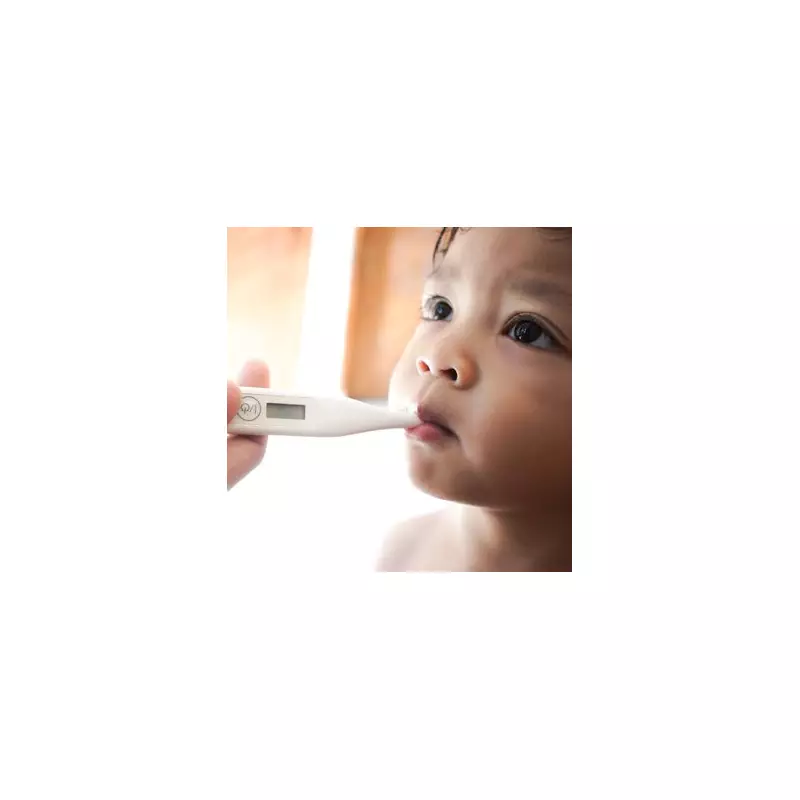
As the seasons change, the familiar and dreaded rash of chickenpox begins to make its rounds through nurseries and schools across the UK. For parents, it can be a time of worry and sleepless nights. But fear not – our comprehensive guide, packed with expert advice, will equip you with everything you need to navigate this common childhood illness.
What Exactly is Chickenpox?
Chickenpox is a highly contagious infection caused by the varicella-zoster virus. It's most common in young children, though it can be caught at any age. The illness is characterised by an itchy, spotty rash that turns into fluid-filled blisters before eventually crusting over.
Recognising the Signs: Key Symptoms to Watch For
Before the infamous spots appear, your child might exhibit some early warning signs. Be on the lookout for:
- A high temperature (fever)
- Aching muscles and a general feeling of being unwell
- A loss of appetite
- Headaches
These symptoms typically emerge one to two days before the rash breaks out. The rash itself often starts on the chest, back, or face before spreading across the entire body.
Your At-Home Soothing Toolkit: Easing the Itch
While there's no magic cure for chickenpox, you can make your little one much more comfortable with these tried-and-tested methods:
- Keep Cool: Use lightweight, loose-fitting cotton clothing and lightweight bedding to prevent overheating and irritation.
- Oatmeal Baths: A lukewarm bath with a sprinkle of colloidal oatmeal can work wonders to soothe itchy skin.
- Calamine Lotion: Dabbing this classic pink lotion on the spots can provide a cooling, soothing effect.
- Stay Hydrated: Encourage plenty of fluids. Ice lollies are a great way to entice a poorly child to drink and can also soothe a sore mouth if spots have appeared there.
- Antihistamines: For children over one year old, speak to your pharmacist about suitable sugar-free antihistamine medicines to help reduce itching.
Red Flags: When to Contact Your GP Urgently
While most cases are mild, complications can arise. Contact your GP or call 111 immediately if your child:
- Has a fever that persists beyond four days or rises above 39°C.
- Has a severe cough or difficulty breathing.
- Is dehydrated (showing signs like drowsiness, cold hands/feet, or fewer wet nappies).
- Is excessively drowsy or struggling to wake up.
- Has a stiff neck.
- Is vomiting frequently.
- Has a rash that bleeds into the skin (doesn't turn white when pressed).
- Has swollen, painful skin around the blisters.
The Vaccine Debate: Is the Chickenpox Jab Available on the NHS?
This is a common point of confusion for many parents. Currently, the chickenpox vaccine is not part of the routine childhood vaccination schedule in the UK. The NHS reserves it for individuals in close contact with those who are particularly vulnerable to complications, such as people with weakened immune systems.
The Joint Committee on Vaccination and Immunisation (JCVI) is continually reviewing this policy, but for now, most children will develop natural immunity by catching the virus.
By understanding the symptoms, knowing how to provide comfort, and being aware of the serious signs that require medical attention, you can confidently help your child through a case of chickenpox.





